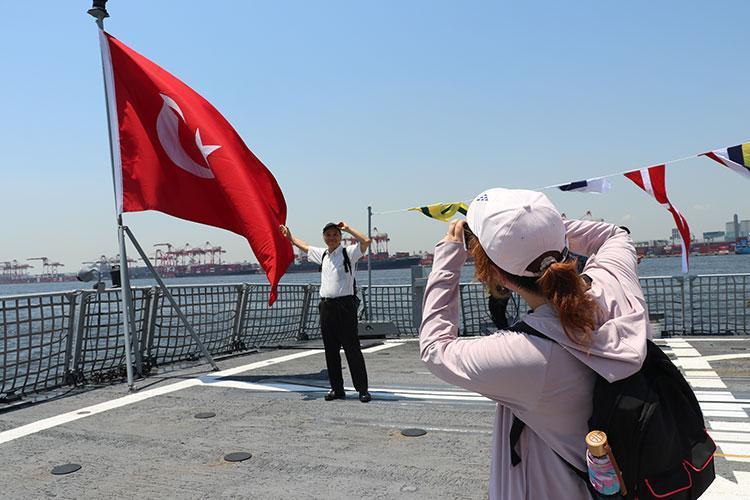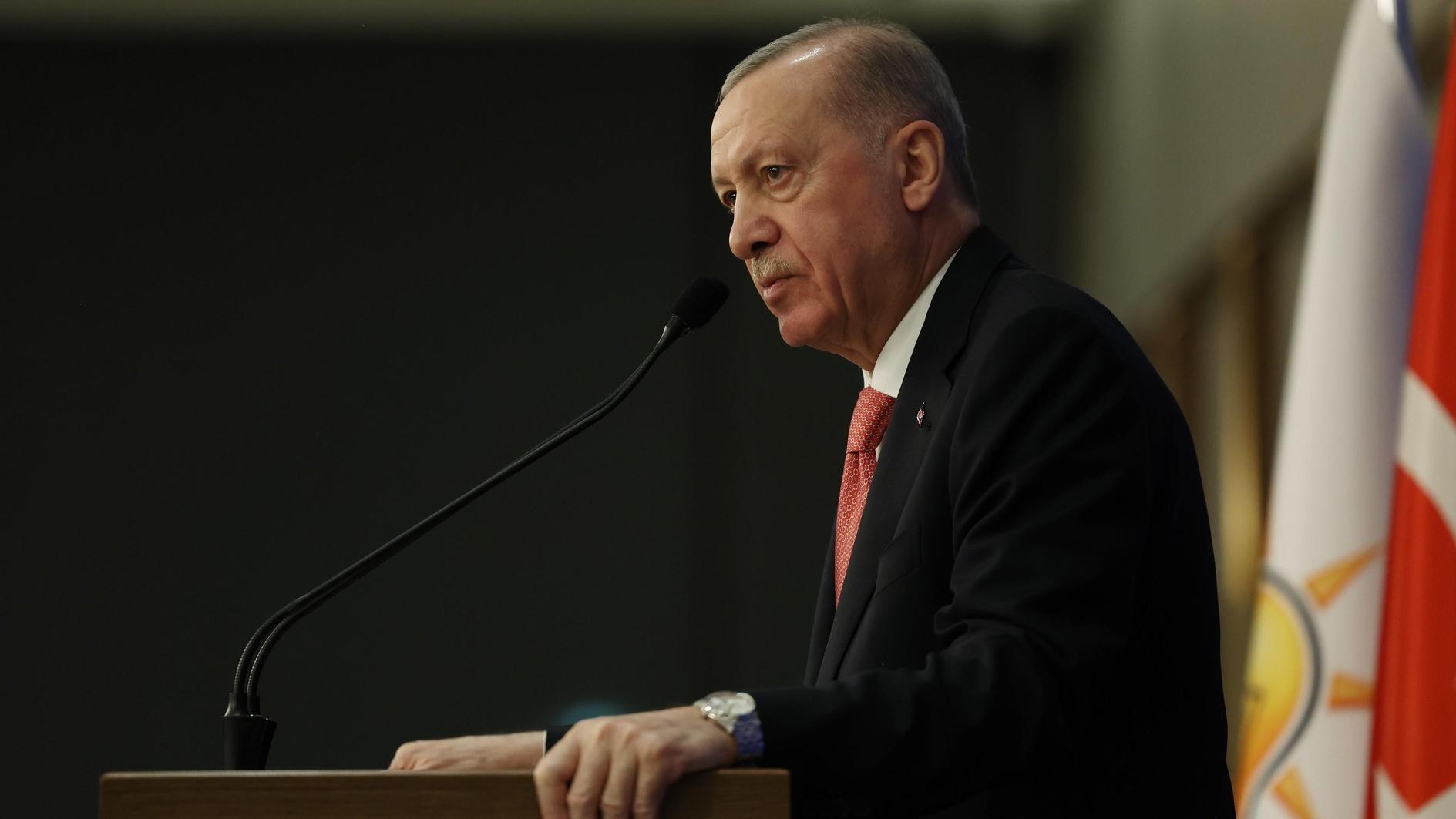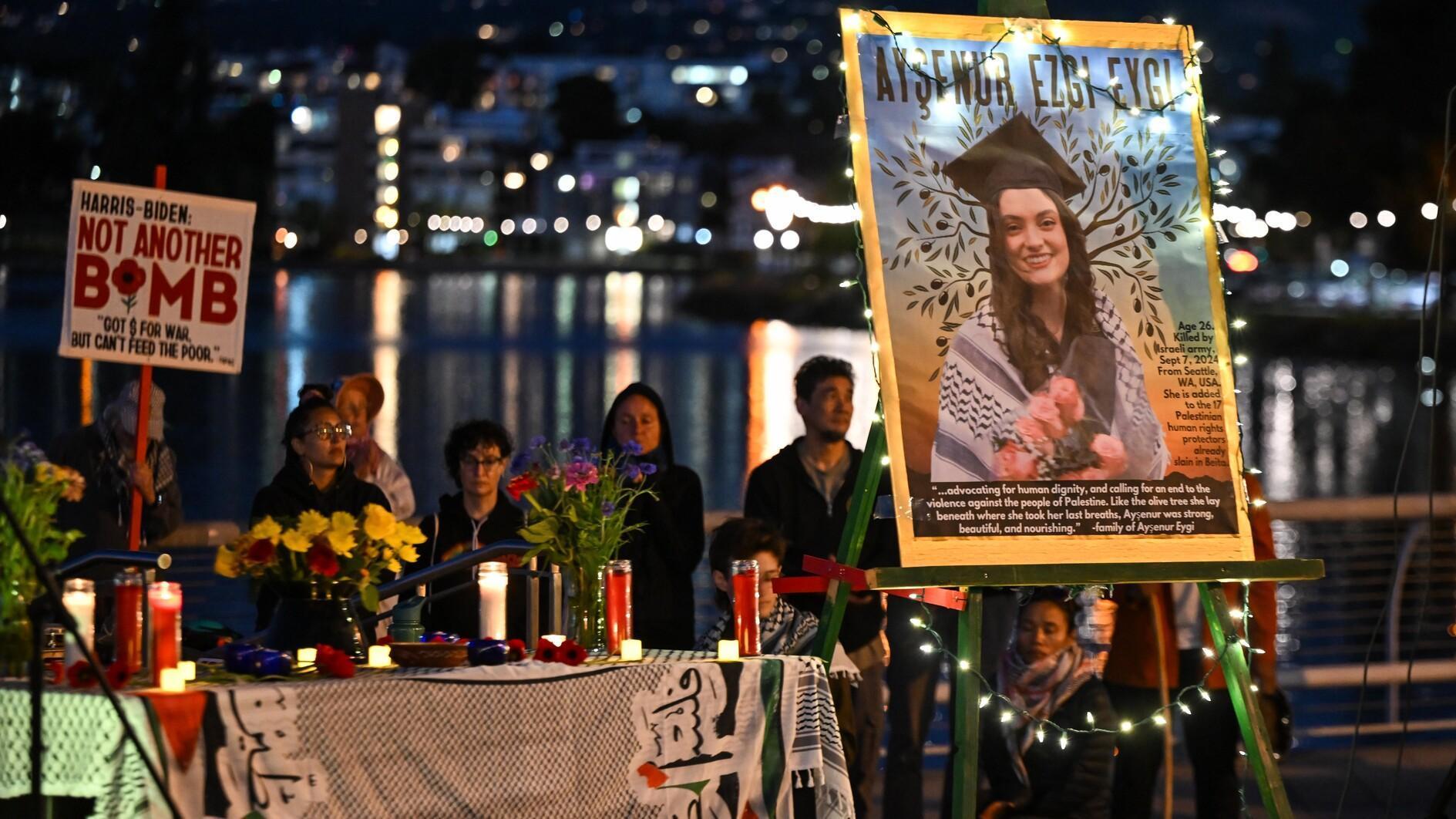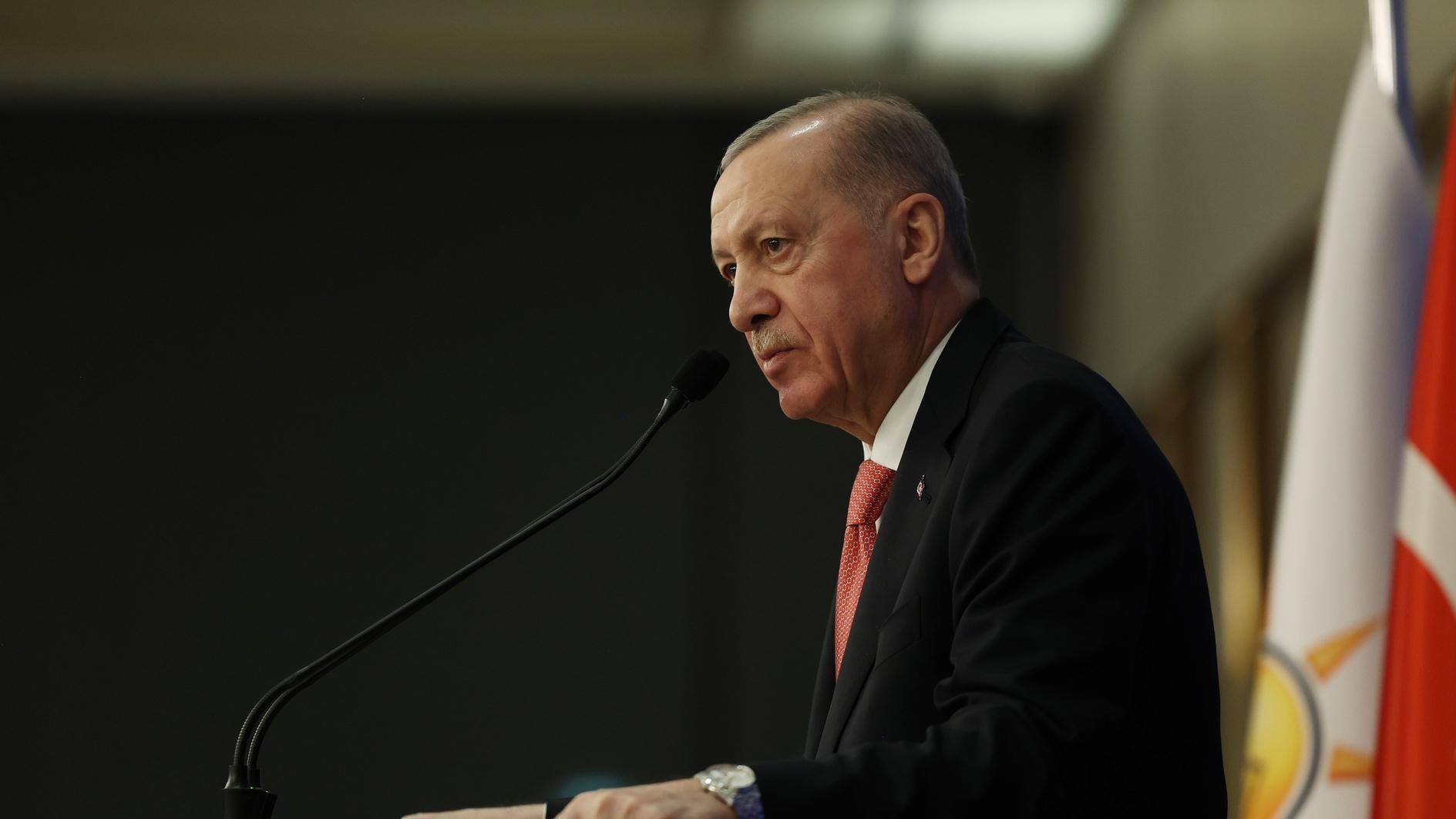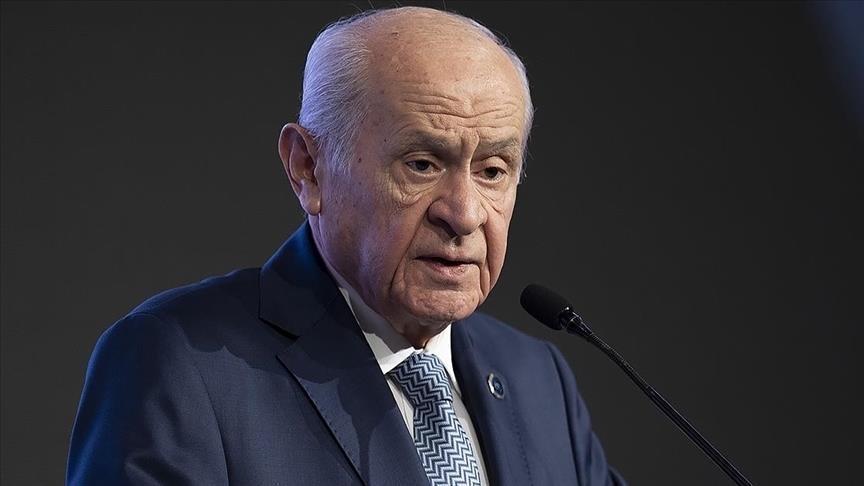Greeks in Istanbul want graves of three 'patriarchs' out of Orthodox cemetery
ISTANBUL
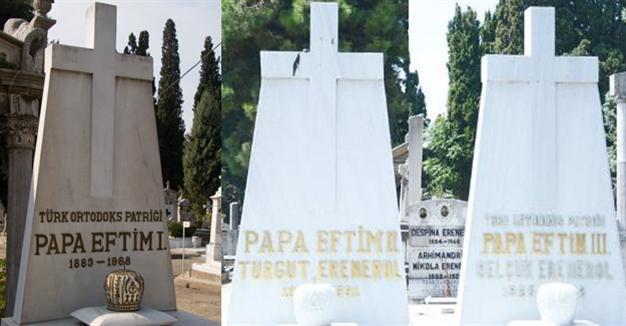 The Greek Orthodox community in Istanbul seeks to remove the graves of the founder of the self-declared Turkish Orthodox Patriarchate and his successors out of their historic cemetery in Istanbul, daily Cumhuriyet reported Aug. 22.
The Greek Orthodox community in Istanbul seeks to remove the graves of the founder of the self-declared Turkish Orthodox Patriarchate and his successors out of their historic cemetery in Istanbul, daily Cumhuriyet reported Aug. 22.The old controversy that took a new twist has been revolving around the graves of Papa Efthim, who declared himself the pope of the church he founded in 1921, and his sons and successors, Turgut Erenerol and Selçuk Erenerol, in the Şişli neighborhood of Istanbul.
"This is the Greek Orthodox cemetery. These men were not even Orthodox, let alone Greek. They were excommunicated," Cumhuriyet quoted Mihail Vasiliadis, who owns the Turkey-based Greek daily Apoyevmatini.
The Greek Orthodox Patriarchate in Istanbul's Fener neighborhood, which has an estimated 300 million Orthodox believers around the world, had excommunicated Papa Efthim I, Efthim II and Efthim III after the church's foundation, which was supported by the Turkish government in 1924.
However, Efthim I were buried in the historic cemetery as a government initiative in spite of local Greeks' opposition in 1968, before his successors followed the suit with their funerals.
"They had found a fake church. In order to be a church, one must be recognized by the Ecumenic church and the other 17 churches," Vasiliadis added.
Temple with no believers
According to Elçin Macar's book titled Istanbul Greek Patriarchate, the Turkish Orthodox Patriarchate was a state-sponsored project that aimed to end the influence of the Greek Patriarchate on Anatolian Christians.
In the 1920s, Pavlos Karahisarithis changed his name into Zeki Erenerol and became the first leader of the church after he declared himself "Papa Efthim I." He was granted permission by the government to settle in Panayia Church in the Galata neighborhood. In 1965, his sons also took control of two other churches in Istanbul, although their "patriarchate" was described as "a temple with no believers."
Efthim was accused of supporting the Sept. 6-7 pogrom targeting Istanbul's Greek community in 1955 and had admitted in 1995 that he had regular meetings with the Turkish National Intelligence Organization (MİT). His sons, and successors, had been arguing for the "expulsion" of the Greek Orthodox Patriarchate.
"Do I have to see the graves of these [Turkish] nationalists who did harm to Greeks each time I visit the graves of my parents? As Greeks, we want their graves out of here," daily Cumhuriyet quoted Vasiliadis as saying on Aug. 22.
Sevgi Erenerol, Papa Efthim's granddaugher who now claims the title of public relations representative of their church, was arrested during the controversial Ergenekon coup attempt case.
The prosecutor had described Erenerol as an ultranationalist who established an organization to provoke public unrest and preparing the way for a military coup, in which their church served as the headquarters and the financial hub of the covert gang, called the Ergenekon.
Controversial case
In the politically-charged Ergenekon case, 274 coup-plot suspects were sentenced on Aug. 5, 2013 to hundreds of years’ imprisonment in total, with many high-ranking army members, journalists and academics given aggravated life sentences.
In April 2014, the long-awaited detailed ruling in the five-year-long marathon Ergenekon trial was issued, nearly eight months after the initial verdict, stating that the organization had targeted a long series of governments.
The mammoth detailed ruling, which ran to 16,798 pages over three volumes, said the court’s verdict was the “first judicial ruling on the deep state.”
“It has been understood that the Ergenekon organization was established within the Turkish Armed Forces (TSK) under the name of ‘headquarters houses,’” the court state in the ruling.
The 16th Criminal Chamber of the Supreme Court of Appeals will hold the first hearing in the appeal case on Oct. 6.


